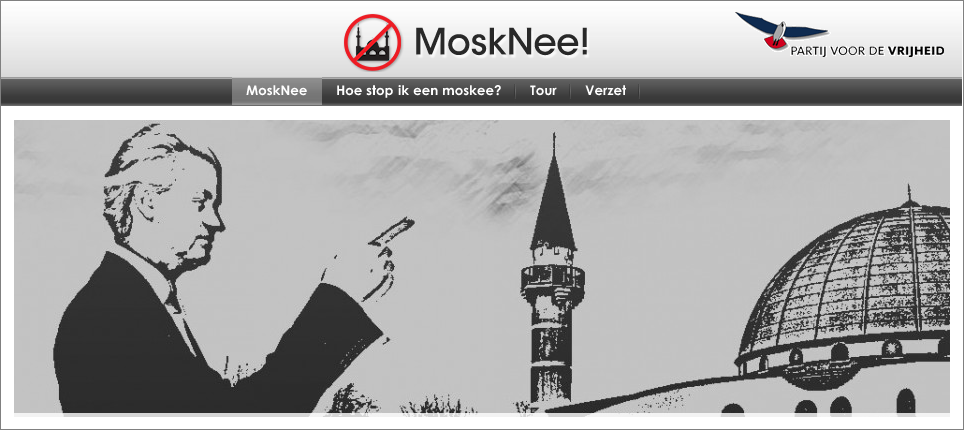Terrorist Ander Behring Breivik expressed political motives for his atrocities on July 22 2011, claiming they were acts of “self-defense” against an “Islamic colonisation” of Europe. He elaborates on his world view in a 1500 page, largely plagiarised manifesto. Breivik is now in prison.
The man’s sanity was a pivotal topic in the public debate which followed, but so were possible influences on his extreme right-wing ideology. Breivik was a member of the anti-immigrant and politically populist Progress Party in his young adulthood, but quit in 2007.
A recent study suggests that xenophobia is strong in Norway.
In 2011 Norwegian politicians became acutely concerned about how they might have influenced the terrorist and agreed to tone down the rhetoric in debates on immigration, but as the 2013 general election is fast approaching, it is politics as usual.
“They didn’t do as promised,” says Mette Wiggen, Teaching Fellow at the University of Leeds. Her study of xenophobia is based on careful reading of academic literature, mainstream media and online discussions in blogs and on news sites, before and after July 22, 2011.




